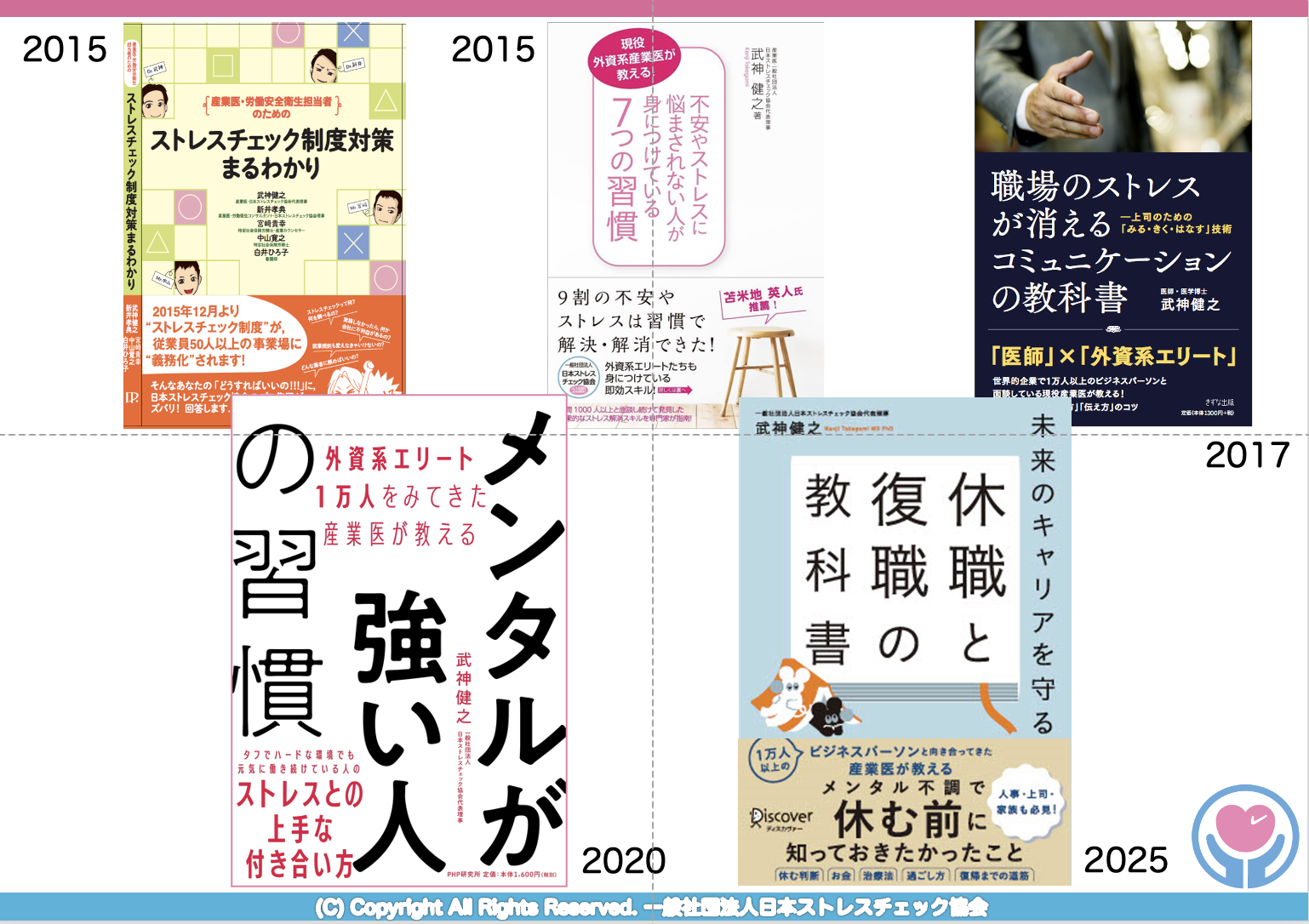デング熱について、会社の外国人の方々、外国人の上司、そして、本国に、
こんな感じでupdateしてはいかがでしょうか?
FACTS (latest updates from The Ministry of Health)
40-50 cases by 3rd Sept.
All cases have not been abroad.
All cases have been to Yoyogi Park in Tokyo in August between 10th Aug and 26th Aug.
The government has given up disinfecting whole Yoyogi park.
Dengue fever is classified in the 4th grade under Japanese Infection law.
All physicians who see Dengue fever patients have to report to the local health officer (mandatory).
Yoyogi Park is one of the biggest park in Tokyo and many people go for a jog or spend their weekends here.
Quite a lot of people, especially non-Japanese people, live near this park.
(Mosquitoes can live as far as 700m away from the water. So, the most of Tokyo is quite safe now.)
RECOMMENDATIONS
Inform our Tokyo employees about Dengue Fever and how to prevent it.
May be good to tell people to stay away from Yoyogi Park for a while.
For More Informations In English
ご活用頂けますと幸いです。

